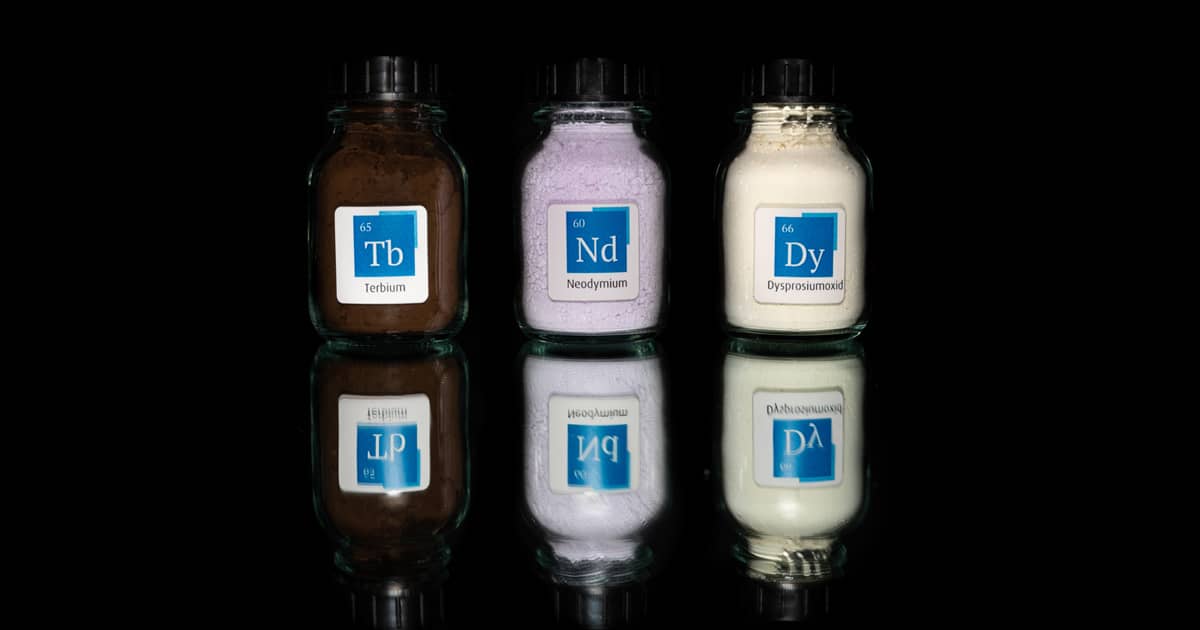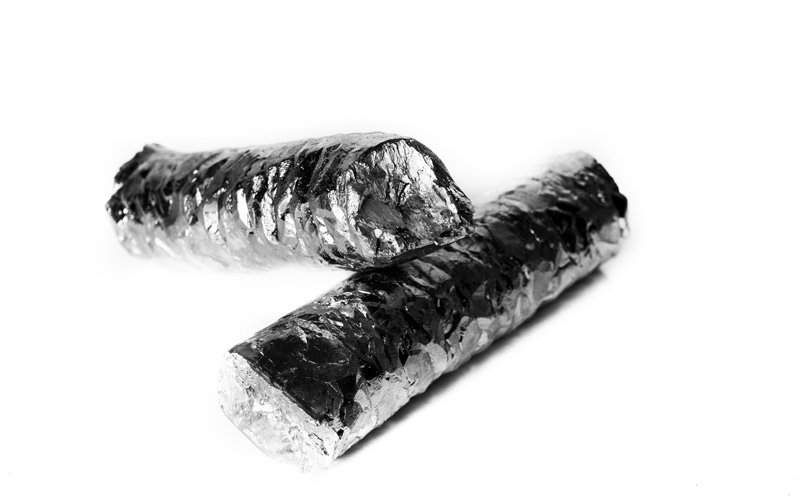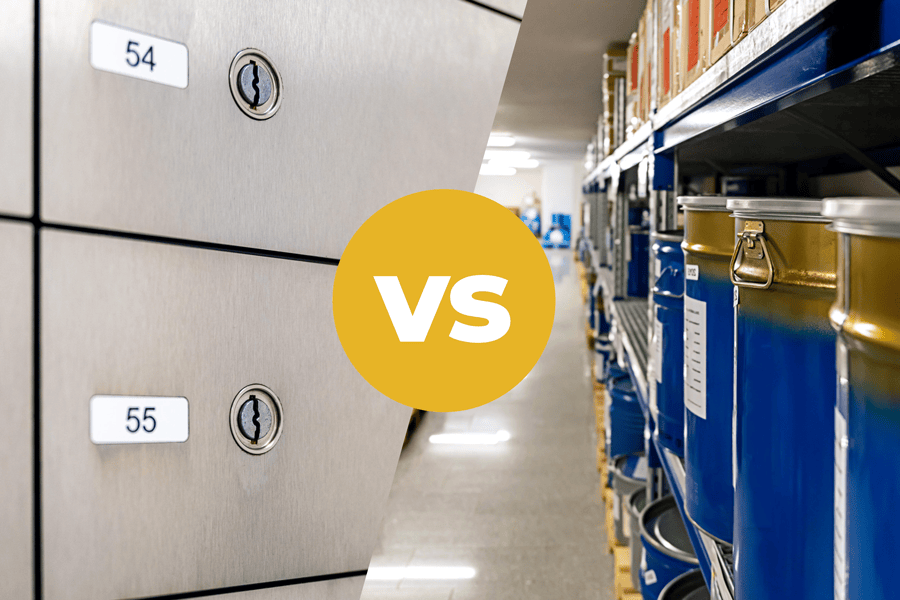Seven Things to Consider When Buying Strategic Metals
First Steps

Source: TRADIUM GmbH
Strategic commodities as physical assets are a sensible way of spreading the risk of loss and hedging one’s assets against crises and inflation. Before buying, however, one should be well informed because there are several things to consider when purchasing raw materials.
Many private buyers want to put their wealth into physical assets in times of high inflation and permanent crises . One form to diversify the portfolio is the purchase of strategic metals, which are increasingly in demand by industry for future technologies. This involves technology metals such as germanium and rare earths such as dysprosium. People buy the strategic metals in physical form and sell them to the processing industry later.
Those who want to diversify their portfolio with such industrial commodities and avoid unnecessary risks and losses should take these seven tips to heart:
1. Buy Strategic Metals only in Original Packaging
The manufacturing industry is the most important purchaser of strategic metals. Whether the companies can process the technology metals and rare earths depends, among other things, on the packaging. Only if the raw materials are in original packages from the supplier can they be unambiguously assigned a batch number and the certificates. However, the quality and origin analyses can no longer be traced if they are repackaged in small containers. This could make new product quality tests necessary and thus make reselling more difficult.

Hafnium is one of the strategic metals and is purchased by the industry in rod form, among other things. Source: TRADIUM GmbH
2. Make sure it is Industrial Quality
Depending on the production process, companies require metallic raw materials of certain qualities. The specifications include purity and the compounds with other materials. In hafnium shown on the picture, a technology metal for superalloys in turbines, the purity grade in bar form should be above 99.9 percent. But the delivery form also represents a quality criterion: Rare earths are mainly purchased by the industry as oxides. In the case of the technology metal indium, the industry prefers ingots.
If the bought raw materials do not meet industry requirements, liquidating them is difficult or perhaps impossible.
3. Keep an Eye on the Industrial Demand
The demand for metals in e-mobility, renewable energy, and hydrogen production will increase significantly in the years to come, according to the German Raw Materials Agency study “Raw materials for future technologies 2021” (in German only). Ultimately, the development of demand will vary depending on the metal. Therefore, obtaining detailed information on the individual raw materials is worthwhile. Besides organizations such as the German Raw Materials Agency and the International Energy Agency (IEA), specialist portals such as www.rawmaterials.net provide up-to-date information on developments in the raw materials markets and relevant fields of application.
4. Make Your Own Raw Material Selection
The compiled information about the strategic metals can be a sound basis for independent purchasing decisions. Often, an individually compiled commodity portfolio is preferable to a standardized basket of commodities, which can only consider preferences and wishes to a limited extent. Ideally, not all money should be put into a single commodity, but rather widely spread over various metals and rare earths.
5. When Buying Strategic Metals, Think of Reselling Possibilities
When buying strategic metals, the subsequent resale to the processing industry plays an important role. For this purpose, the supplier should be able to present liquidation options. These consist of direct repurchase or sales mediation to the industry. Ideally, the trader should be able to name industries and companies among the customer base on the industry side.
6. Beware of Promised Yields when Buying Strategic Metals
It may be worth speculating on the price development of individual commodities. However, binding statements on how much return can be achieved with the technology metals and rare earths are considered unserious. Price formation is subject to various factors, such as industrial demand and the development of areas of application. Besides the latter, new fields of application are constantly being added, such as renewable energies, but in some traditional fields of application, the demand for raw materials is being reduced by substitution. In addition, natural events, pandemics, or political conflicts, which are almost impossible to predict, also affect the commodity markets. Instead of focusing on returns, it is more responsible to refer to the possibilities of maintaining purchasing power and protecting against inflation.
7. Find Trustworthy Commodity Traders
Very few private buyers are experts in strategic metals and therefore require intensive advice on purchasing commodities as physical assets. As a rule, reputable providers can be recognized by a few characteristics:
- They provide expert information about industrial metals and the form in which the economy requires them.
- They get by without promises of value increases.
- They present their contacts to the processing industry and thus show liquidation possibilities for a later date.
- They provide information about professional storage options and their own storage facilities.
- And: They do not push to the conclusion because buying strategic metals requires time.
Commodities are a very special asset class. Those who know their unique features and are well informed can benefit from the trend towards diversification. TRADIUM provides comprehensive information on commodities and their fields of application. In addition, the regularly updated price charts help you to better understand the movements on the markets.



